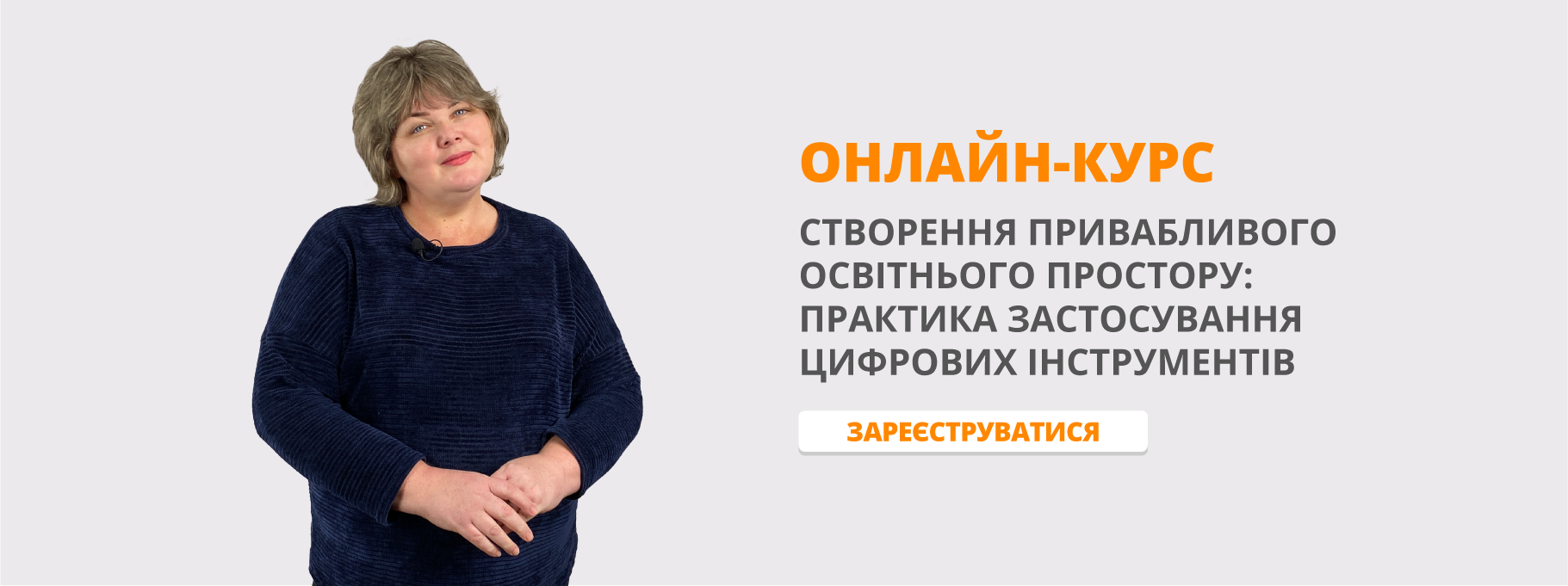План-конспект заняття на тему: “The importance of books in our life”
План-конспект заняття на тему:
“The importance of books in our life”
Class: 8th grade
The topic (Тема уроку): The importance of books in our life
The aim (Мета):
- to develop pupils’ skill of reading, writing, listening and speaking on the subject (розвинути навички читання, письма, слухання та говоріння учнів);
- to enlarge pupils’ vocabulary on the topic (збільшити словниковий запас учнів);
- to stimulate pupils to express their own opinion (заохочувати учнів висловлювати власну думку);
- to develop pupils' ability cooperate working in groups. (розвинути навички учнів працювати в групах).
- to stimulate creative activity of the pupils. (заохочувати учнів бути креативними)
- to develop pupils’ memory and logical thinking (розвинути пам’ять та логічне мислення учнів);
Type of lesson (Тип уроку): combined
Materials (Навчальні матеріали): textbook Англійка мова Калініна 8 клас, blackboard, handouts, pictures.
Procedure (Хід уроку)
- Introduction. (Вступ)
Т.: Good afternoon everybody! Glad to see you in good health and mood! We are going to continue our topic about books and their importance in our life. And I am sure that at the end of the lesson you are expected to speak on the topic, using your vocabulary and express your own opinions.
II. Warming up (Розминка)
T.: First of all I’d like to revise new vocabulary with you that we’ve learned on the previous lessons.
Translate sentences into English using active vocabulary.
- Чому ти витрачаєш свій дорогоцінний час на читання книжок?
- Ти справжній любитель книжок!
- Я захоплююся байками поезією та науковою фантастикою.
- Тато приніс мені книжку з багатьма кольоровими ілюстраціями
- Ці люди стали прототипами улюблений персонажів.
- Ця книга була настільки цікава, що я прочитав її залпом.
III. The main part.
Listening comprehension
- Pre-listening activity. T.: Now we will listen to the text about one of the greatest and most famous writer William Shakespeare. What do you know about him?
- While-listening activity. T.: Try to understand this text and say if the statements are true or false.
W. Shakespeare
W. Shakespeare was the greatest English writer. He was born in 1564 in Stratford-upon-Avon. At the age of 18 he married Anne Hathaway, who was eight years older than himself. A few years later he moved to London, where he worked as an actor and a playwright.
Shakespeare wrote 37 plays and 154 sonnets. His most famous plays are the four great tragedies – Othello, Macbeth, Hamlet and King Lear. He also wrote several historical plays. But not all of his plays were serious. He also wrote comedies. Shakespeare died in Stratford-upon-Avon on April 23, 1616, but his plays are still very popular today. They have been translated into several different languages, and many of them have been made into films, both in English and other languages.
- Post-listening activity.
Do you think these statements are true or false?
1) W. Shakespeare was born in 1654 in London. (F)
2) His most famous plays are the four great tragedies. (T)
3) He did not write comedies. (F)
4) His plays have been translated into several different languages. (T)
5) Shakespeare's plays are still very popular today. (T)
Reading comprehension
- Pre-reading: T.: Thank you my dear for your active participation. Now we are to read one interesting piece of text “Bill’s memorable present” from out textbook. Before reading, do you have any guesses what present is it? And why is it so memorable?
- While-reading: Let’s read the text now and pay attention to the vocabulary here.
- Post-reading: T.: I’ve prepared several questions for discussion (according to the text) that will help us to remember important facts from the text.
- Do you think Bill was fond of reading? Why or why not?
- Which book was the first and most memorable for Bill? Why so?
- What did Bill find out about the writer?
- What is Mark Twain’s secret of success?
- Name several things Bill liked the most in “The Adventures of Tom Sawyer”.
Speaking
- Speak about Bill’s favorite book based on the text.
- Speak about your favorite book.
Writing (group work)
At the end of the lesson, I’d like to play a game with you. I have prepared crossword with definitions of the words and you are to guess which word fits there. Let’s divide you into two groups and then each group create its own name.
Crossword
- A long written story in which the characters and events are usually imaginary. (novel)
- Someone who writes books, stories, plays, novels. (writer)
- Books and stories about imaginary people and events. (fiction)
- A traditional short story, that teaches a moral lesson, especially a story about animals. (fable)
- A room or building containing books that you can read there or borrow. (library)
- A piece of writing that is written in short lines, especially using words that rhyme. (poem)
- Someone who likes reading very much. (book-worm)
- (of a person's emotion or mood) likely to spread to other people; infectious. (catching)
- (of a decision or event) extremely important because many other things depend on it. (crucial)
10) A particular type of literature which has certain features which all examples of this type share. (genre)
IV. The end of the lesson.
Homework
T.: And now it’s time to write down your homework for the next lesson. You have to make a composition about your favorite book, using active vocabulary; up to 15 sentences.
Conclusion
T.: Thank you for your being active and hard working. I am sure you have done your best today.
Our lesson is over. Have a nice day! Bye.


про публікацію авторської розробки
Додати розробку
